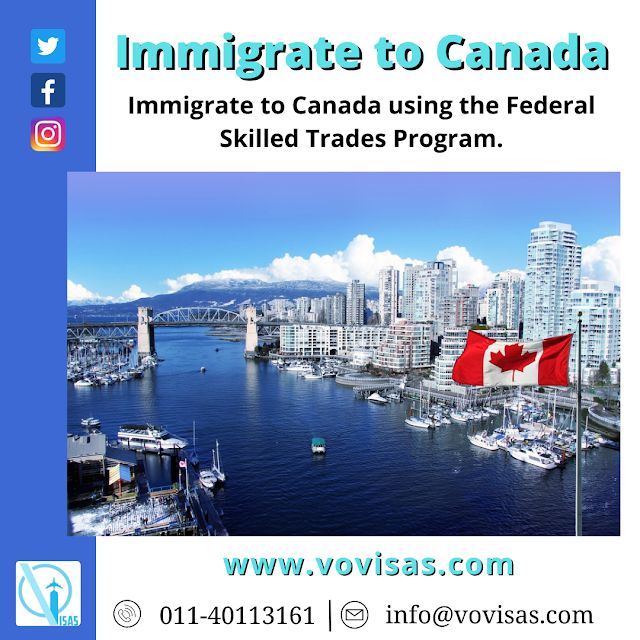How does the Provincial Nominee Program work

T he Provincial Nominee Program (PNP) began in 1998 as a way for the federal and provincial governments to spread immigration benefits across Canada. Provinces can choose candidates they believe will support their economic growth and recommend that Immigration, Refugees and Citizenship Canada (IRCC) grant them permanent resident status. There are more than 80 PNP trends designed to attract workers, graduates and entrepreneurs. PNP is offered in all provinces and territories except Nunavut and Quebec (which operate their own economy class programs). Each plan is based on the province's different labor needs. Why does Canada need provincial nomination? Immigrating to Canada is a shared responsibility of the federal and provincial governments. For most of Canadian history, however, the provinces did not have much influence. This has resulted in newcomers to Canada mainly settling in Ontario, British Columbia and Quebec. Rural Canada, Prairie Provinces and Atlantic Provinces d





